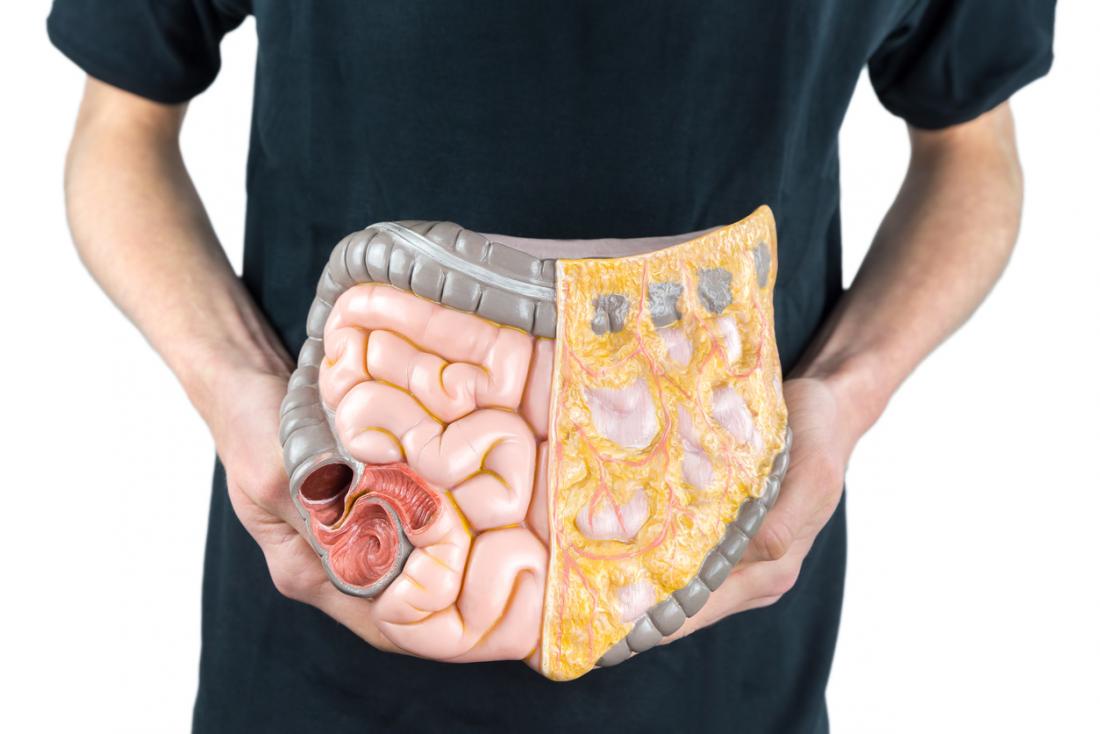Digestion, the complex process by which our bodies break down food into nutrients, is a fascinating journey that involves multiple organs and a series of intricate biochemical reactions. One common question that often arises is, "How long does it take to digest food?" The answer is not one-size-fits-all, as the digestion timeline can vary based on several factors.
-
The Digestive Process Overview:
The digestive process begins the moment we start chewing our food. Enzymes in saliva begin breaking down carbohydrates, initiating the journey through the digestive system. From the mouth, food travels down the esophagus into the stomach, where it encounters gastric juices and enzymes that further break it down. The partially digested food, now known as chyme, moves into the small intestine, where the majority of nutrient absorption takes place. The remaining material then enters the large intestine, where water and electrolytes are absorbed, and the remaining waste is formed into feces.
-
Factors Influencing Digestion Time:
Type of Food: Different types of food take varying amounts of time to digest. For instance, fats generally take longer than carbohydrates to be broken down and absorbed.
Meal Composition: A meal consisting of a mix of macronutrients (proteins, fats, and carbohydrates) typically takes longer to digest than a meal dominated by one type of nutrient.
Fiber Content: High-fiber foods, such as fruits, vegetables, and whole grains, can slow down digestion because fiber adds bulk to the stool and requires more time for processing.
Individual Differences: Each person's digestive system is unique. Factors like age, metabolism, and overall health can influence the speed of digestion.
Hydration: Staying adequately hydrated is essential for smooth digestion. Water helps in the breakdown of food and the absorption of nutrients.
-
Digestion Time for Different Foods:
Water: Absorbed immediately in the stomach and upper intestine.
Fruits: Typically take about 20-30 minutes for the stomach to empty.
Vegetables: Take around 40 minutes to a few hours, depending on factors like fiber content.
Proteins: Can take 2-3 hours to leave the stomach.
Carbohydrates: Begin digestion in the mouth and continue in the stomach, taking 1-2 hours to empty.
Fats: Slowest to digest, taking up to 4-6 hours.
-
Digestion in Different Organs:
Mouth: Digestion begins with chewing and the action of salivary enzymes on carbohydrates.
Stomach: Gastric juices break down proteins, and the stomach churns to create chyme.
Small Intestine: Most nutrient absorption occurs here through the walls of the small intestine.
Large Intestine: Water and electrolytes are absorbed, and the remaining material forms into feces.
-
After the Meal:
Post-Meal Blood Sugar: Peaks about 30 minutes to two hours after eating, depending on the composition of the meal.
Satiety and Hunger: Feelings of fullness (satiety) typically occur within 20 minutes of eating, signaling the brain to reduce hunger.
-
Digestive Disorders:
Gastrointestinal Disorders: Conditions such as irritable bowel syndrome (IBS) or inflammatory bowel disease (IBD) can significantly impact digestion time.
Gastroparesis: A condition where the stomach takes too long to empty, causing delayed digestion.
Conclusion:
The journey of digestion is a dynamic and intricate process that involves collaboration among various organs and enzymes. While general estimates can give us an idea of how long it takes to digest different foods, it's important to remember that individual variations, health conditions, and meal compositions all contribute to the unique timeline for each person. Listening to your body's signals and adopting a balanced and mindful approach to eating can contribute to a healthy and efficient digestive system. If you have concerns about your digestion or experience persistent symptoms, consulting with a healthcare professional is advisable for personalized guidance.


No comments yet